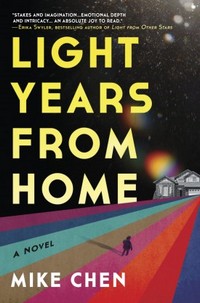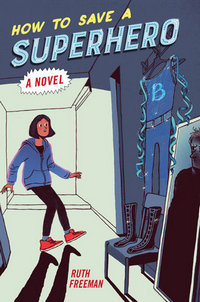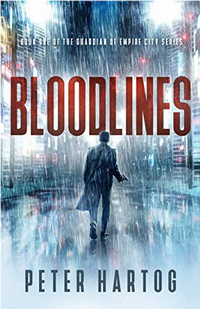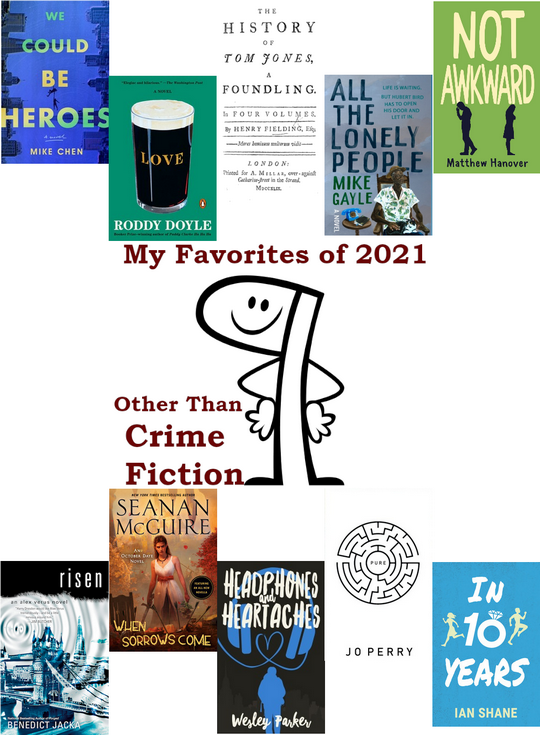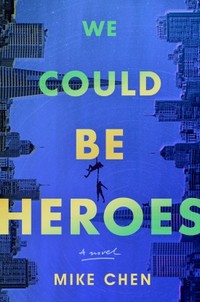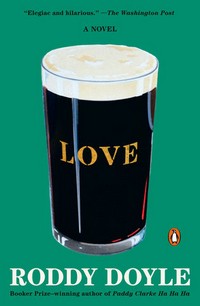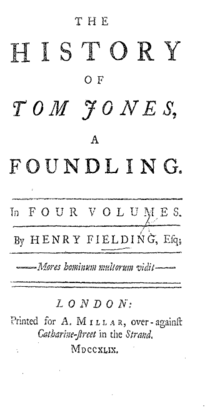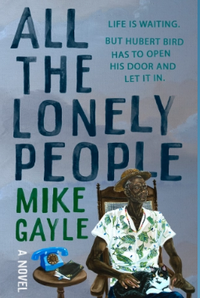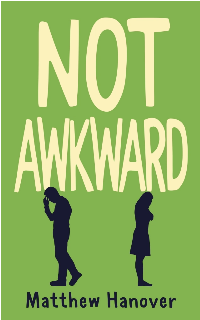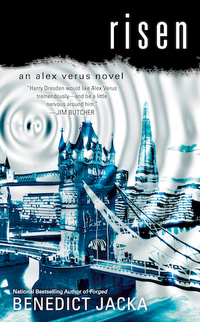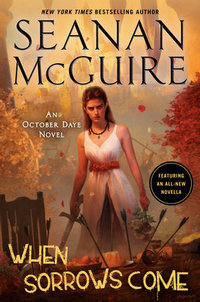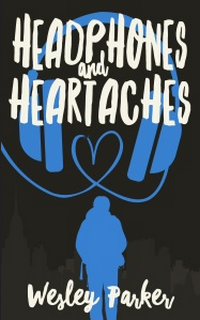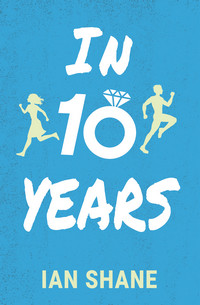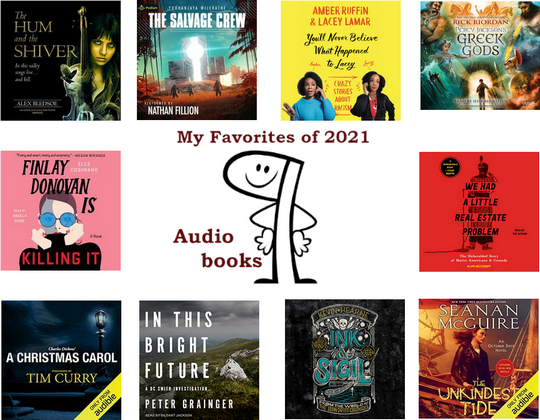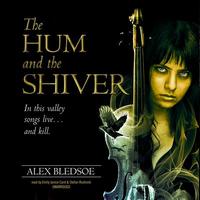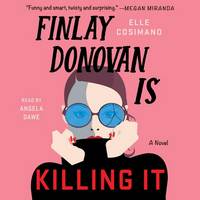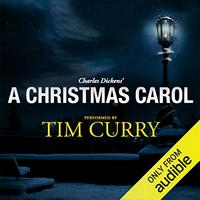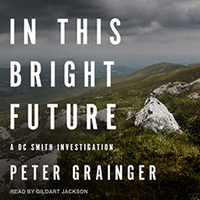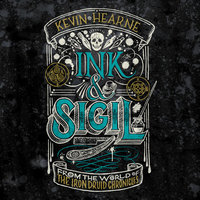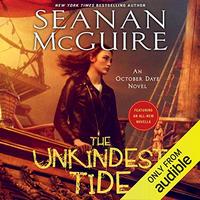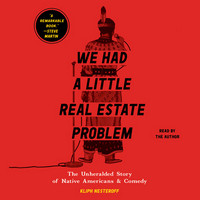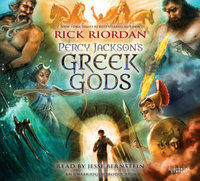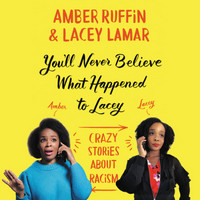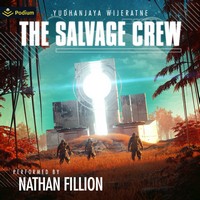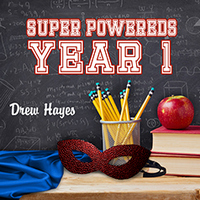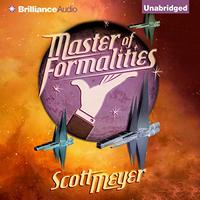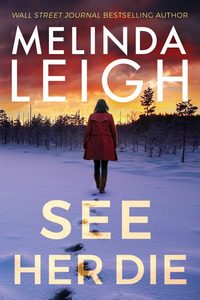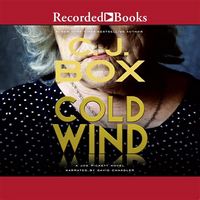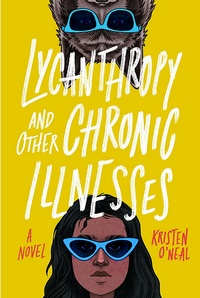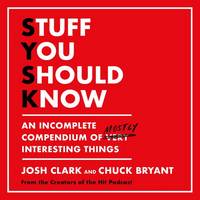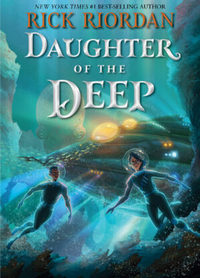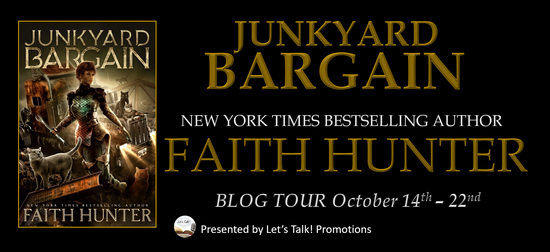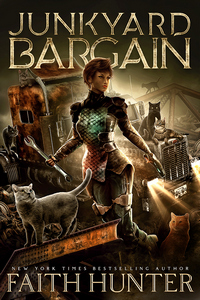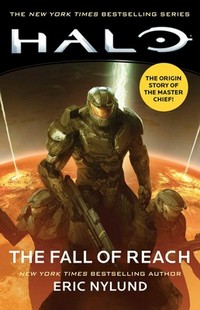 Halo: The Fall of Reach
Halo: The Fall of Reach
by Eric Nylund
DETAILS: Series: Halo, #1 Publisher: Gallery Books Publication Date: March 18, 2019 Format: Paperback Length: 414 pg. Read Date: March 23-26, 2022

What I Knew About the Franchise
Going in, this was the sum total of my knowledge about Halo:
 Someone in it was called, “Master Chief.”
Someone in it was called, “Master Chief.”
 The point of the game (presumably as Master Chief), was to kill hostile aliens (perhaps all aliens)
The point of the game (presumably as Master Chief), was to kill hostile aliens (perhaps all aliens)
 When I tried to play, I would die in no more than 28.7 seconds.
When I tried to play, I would die in no more than 28.7 seconds.
In other words, I had no preconceptions about this going in. My tabula was about as rasa as you can ask for.
What’s Halo: The Fall of Reach About?
In the 26th century, humanity has colonies in star systems throughout the galaxy. And finally, that moment we’ve been waiting for happens: First Contact. And like SF movies from the early 20th Century tried to warn us: the alien race we make that First Contact with is vastly technologically superior and isn’t friendly.
They’re called the Covenant, and are apparently made up of an association of various races—each with their own specialties. And unless something dramatic happens, they’re going to wipe out humanity. They don’t seem that interested in humans joining with them or assimilating humanity. It pretty much seems like they want humans eradicated.
Enter Dr. Catherine Halsey of the Office of Naval Intelligence. She’s got an insane, ethically-vacant, implausible idea—she’s going to take a bunch of children, train them to become the greatest soldiers in history, surgically/medically augment them, equip them with unbelievably advanced suits of armor, and set them loose on the Covenant. Basically a combination of Urban-Legend understanding of ancient Sparta + Ender’s Game + Red Rising + Tony Stark’s suits.
We see these Spartans in action, flashback to their early training, and then see them at their—and possibly the war’s—most pivotal moment. We get to know a few of them, a bit—but the focus is on the trainee who will become their Master Chief.
There’s also a plotline focusing on one starship commander (he switches vessels a couple of times, so I’ll go generic there) who takes a lot of risks—and has some solid crew members to back him up. Their combination of nerves, cleverness, and luck makes them about as successful as you can be without the scientific enhancements that the Spartans get. Eventually, they play host to the Spartans on a last-ditch mission, and that’s when things really start cooking.
So, what did I think about Halo: The Fall of Reach?
I don’t have a lot to say about this. Like every book (so far) that I was recommended in this 12 Books challenge, this isn’t something I’d typically read. But this was pretty fun. Sure, Pierce Brown and Mike Chen aren’t going to be looking over their shoulders worrying about Nylund—but the dude can write an entertaining scene with some decent character moments.
The battle scenes in particular were just what you want in a book like this (or a video game like this, I assume). The space battles brought me back to Jack Campbell’s books or the Robotech novels that I lived on in the late 80s. I need to make time for more stuff like that.
Reach, I should mention, is the biggest and most important military base for humans outside of Earth—the location of both are tightly kept secrets. So the book focusing on the fall of Reach tells you right away that this book will have an ugly end. And, spoiler alert, the title is apt.
But there’s hope—in the Dumb and Dumber “So, you’re telling me there’s a chance”—kind of hope. But that’s enough for a bioengineered super-soldier, a cocky AI, and a starship of maverick officers, right?
I’m definitely not going to rush and grab another Halo book to see what happens next or to learn about other escapades of the Spartans/Master Chief. But if they come across my path? Yeah, I’d read more.
If you’re into Halo or if you want to understand what someone in your family/friends group sees in the game, this might be just the ticket. It’s a decent amount of fun with just the right amount of action. Give it a shot.

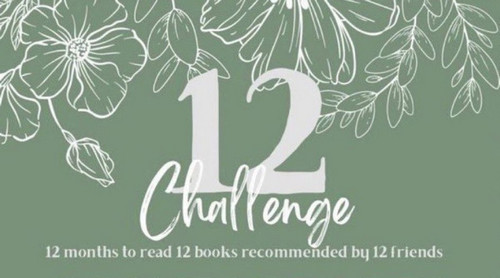
This post contains an affiliate link. If you purchase from it, I will get a small commission at no additional cost to you. As always, opinions are my own.
![]()



